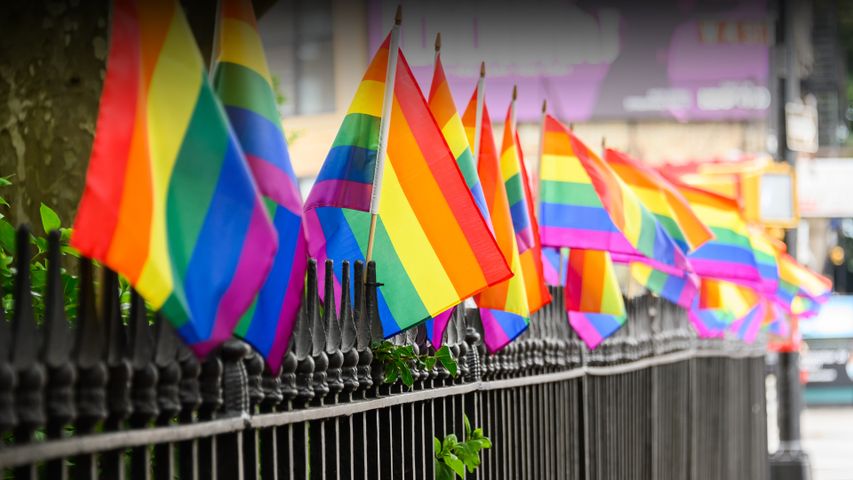Rainbow flags at New York Pride, United States
© Alan Schein/Getty Image
The riot that lit the rainbow. Anniversary of the Stonewall Uprising
In the early hours of June 28, 1969, a police raid at the Stonewall Inn in New York's Greenwich Village, met unexpected resistance. Fed up with years of harassment, LGBTQIA+ patrons fought back. What followed was six days of unrest—and the start of a movement. Led in part by American trans activists like Marsha P. Johnson and Sylvia Rivera, the uprising challenged not only police brutality but society's silence. Stonewall wasn't the beginning of queer existence, but it was the moment people said 'no more' loud enough to be heard worldwide.
The first Pride marches came the next year, not as parties, but as protests. Thousands marched in New York City, Los Angeles and Chicago to mark the anniversary of Stonewall. In Canada, similar calls for justice followed. The 'We Demand' protest in 1971 on Parliament Hill sparked several small-scale gatherings across the country, which became Canada's first large-scale public LGBTQ demonstrations. This was followed by the first Pride Week in Toronto in 1972, which included a march to Queen's Park.
Today, Stonewall stands as a symbol of resilience. It reminds us that Pride began with bricks, not branding. So, as rainbow flags wave each June, remember the power of resistance—and that the first Pride was a riot with a cause.
Related Images
Bing Today Images
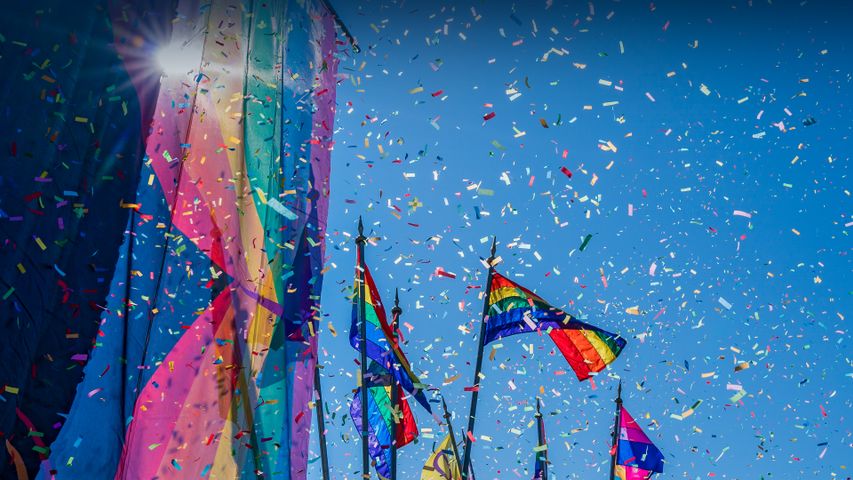
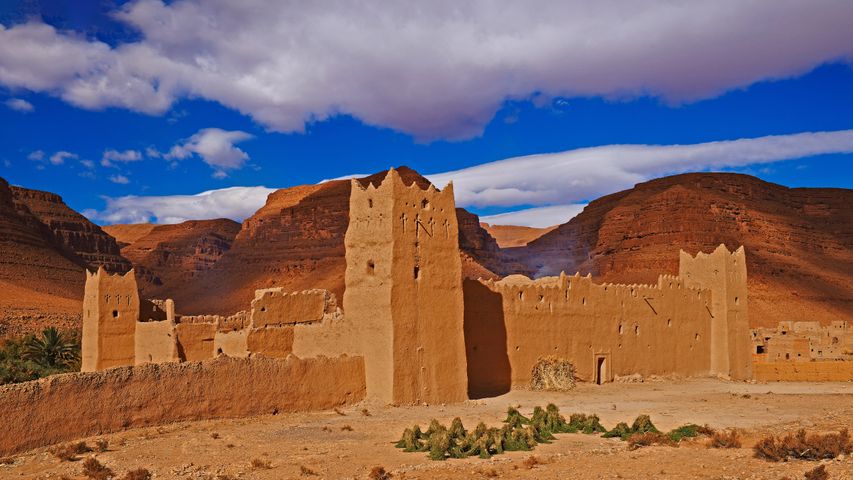
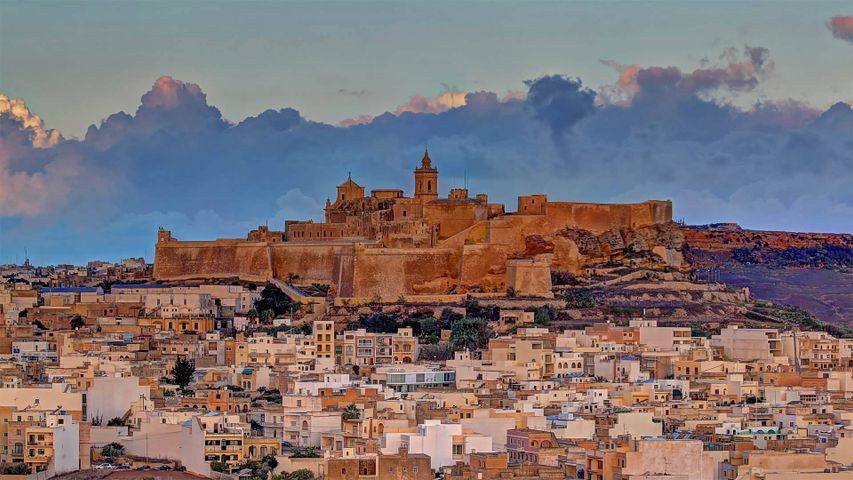


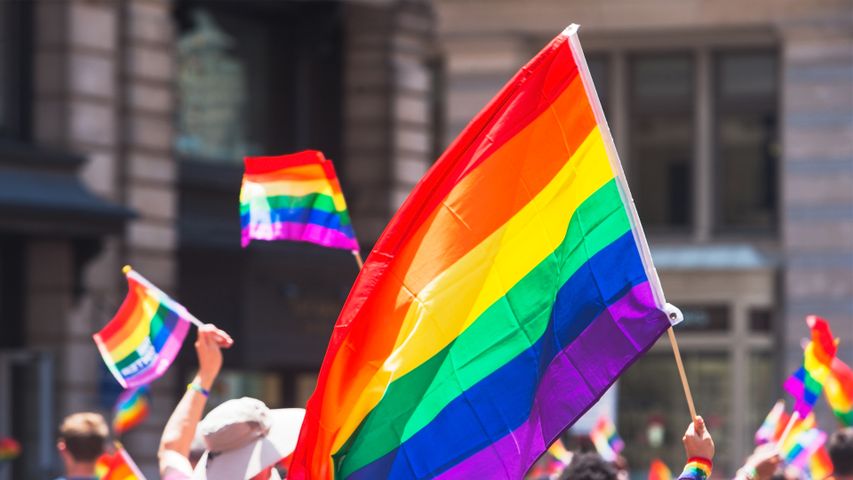
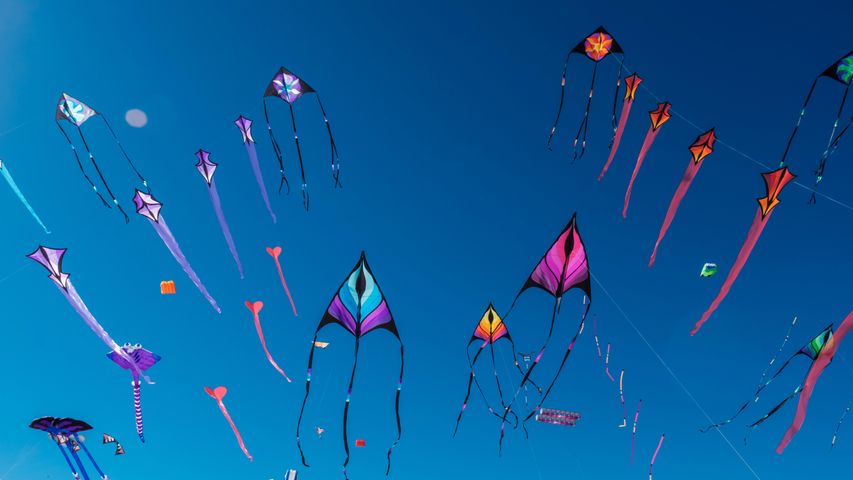 Adelaide International Kite Festival, Australia
Adelaide International Kite Festival, Australia
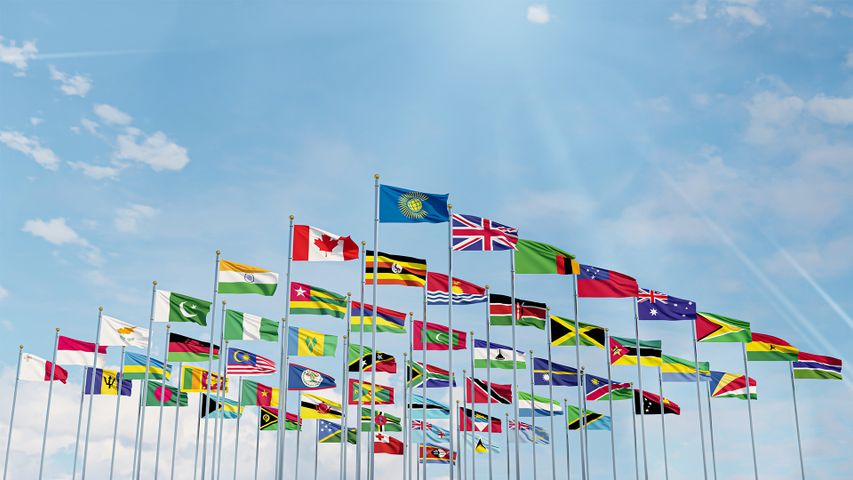 Flags of the Commonwealth of Nations
Flags of the Commonwealth of Nations
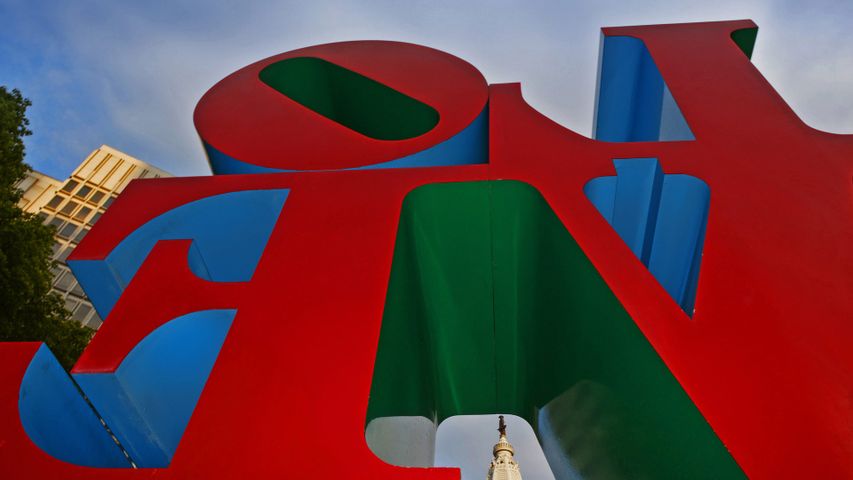 'Love' by Robert Indiana in Philadelphia's Love Park
'Love' by Robert Indiana in Philadelphia's Love Park
 Kaillie Humphries (R) and Heather Moyse of Canada team 1 celebrate during the flower ceremony after winning the gold medal
Kaillie Humphries (R) and Heather Moyse of Canada team 1 celebrate during the flower ceremony after winning the gold medal
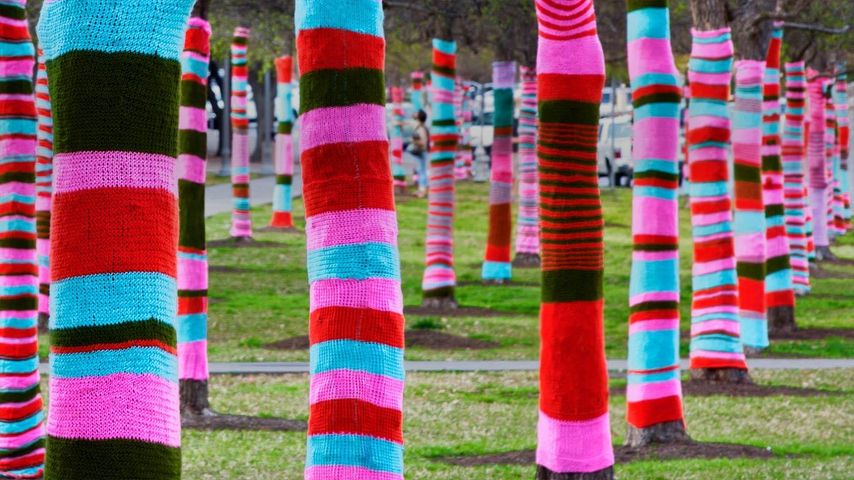 Trees in sweaters, Blanton Museum Of Art, University Of Texas, Austin, Texas
Trees in sweaters, Blanton Museum Of Art, University Of Texas, Austin, Texas
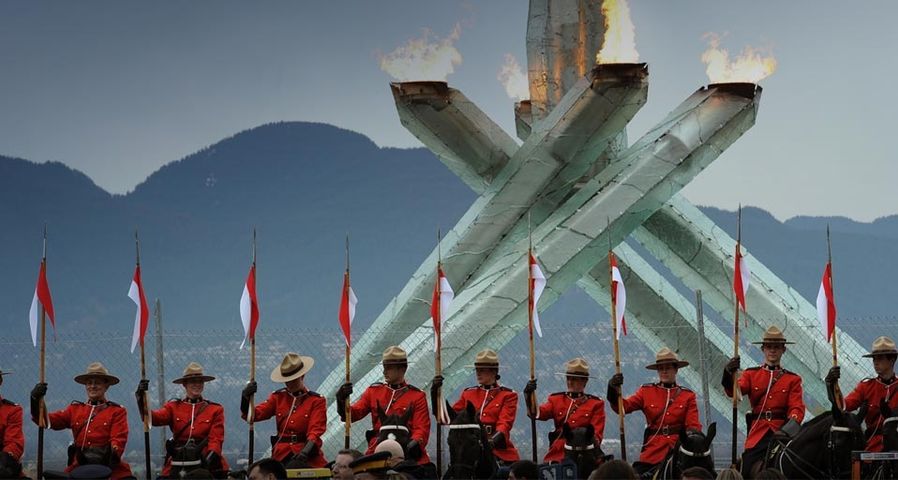 Canadian mounties parade with their horses in front of the Olympic flame in Vancouver on February 23, 2010 on the sidelines of the Vancouver Winter Olympics.
Canadian mounties parade with their horses in front of the Olympic flame in Vancouver on February 23, 2010 on the sidelines of the Vancouver Winter Olympics.
